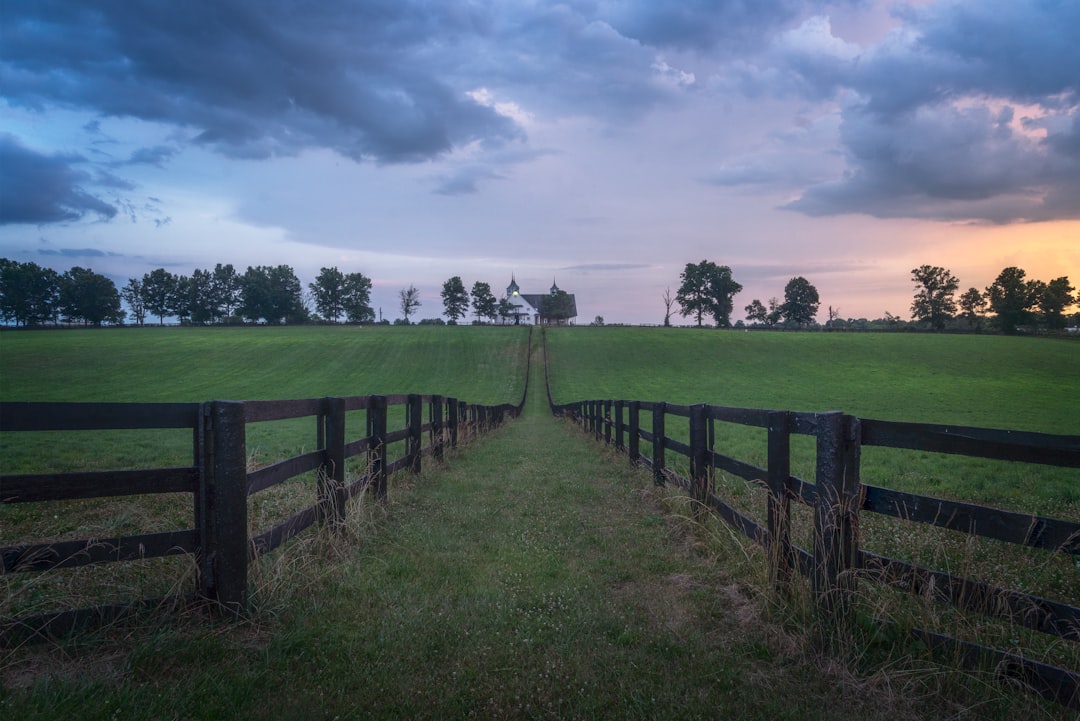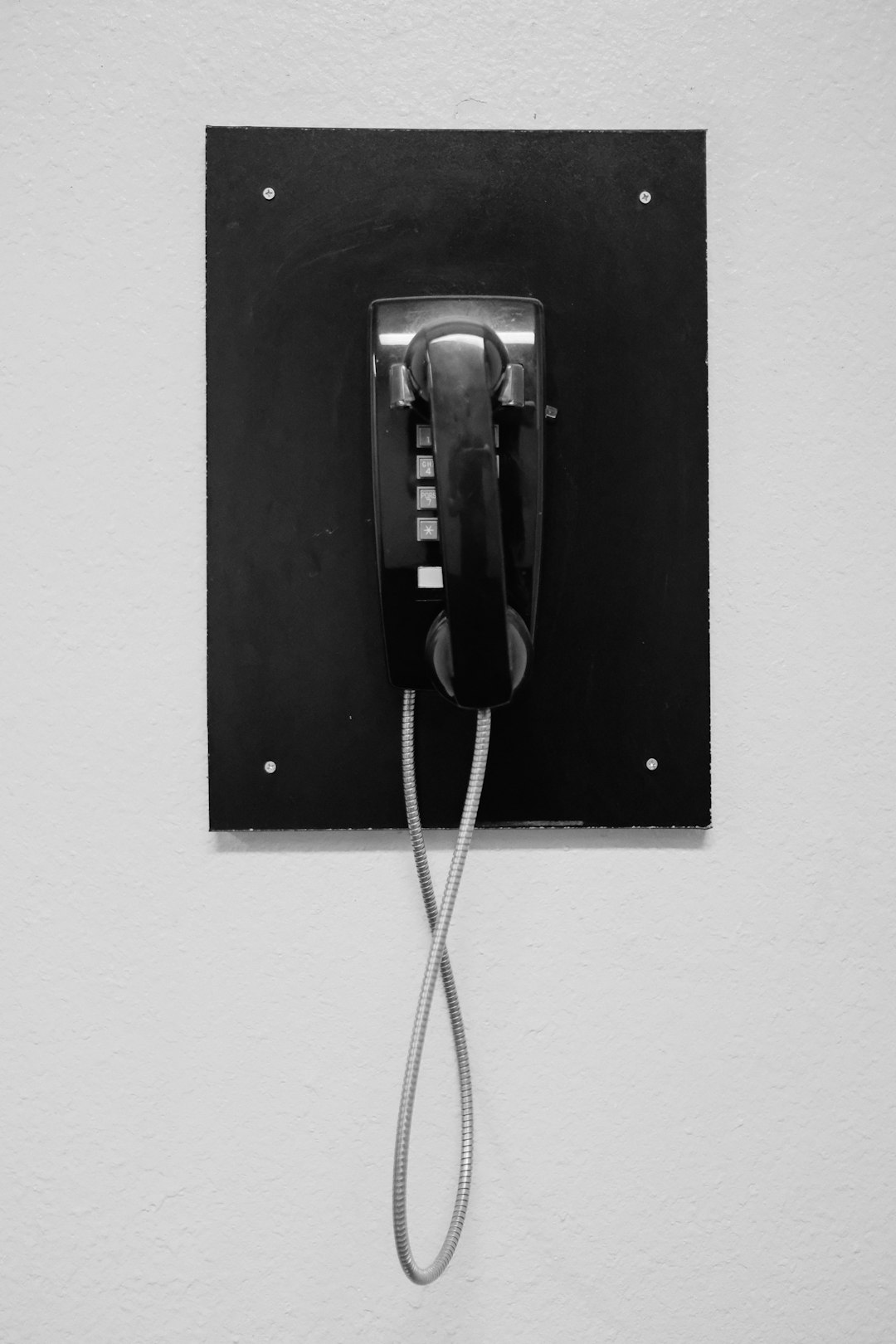The National Do Not Call List (NDNL) and Kentucky's Do Not Call List protect consumers from unsolicited calls. Individuals can register through online or mail forms, empowering them to control telemarketing. Businesses must comply with federal and state laws, seeking legal guidance from a specialist in Do Not Call Laws Kentucky for full adherence and consumer rights protection.
“Unraveling the Nuances of Do-Not-Call Protections: A Comparison of National and Kentucky Lists. In an era where consumer privacy is paramount, understanding do-not-call laws is essential. This article guides you through the differences between the national Do Not Call Registry and Kentucky’s unique approach. We explore how these distinctions impact businesses and residents alike, highlighting the significance of compliance with local regulations, especially when retained by a lawyer specializing in Do Not Call Laws Kentucky. By the end, you’ll grasp the implications for navigating these regulatory landscapes.”
Understanding National Do Not Call List

The National Do Not Call List (NDNL) is a comprehensive registry designed to protect consumers from unwanted telemarketing calls. Established by the Telemarketing and Consumer Fraud and Abuse Prevention Act of 1997, it’s a federal list that prohibits telemarketers from calling phone numbers listed on this registry. A lawyer for Do Not Call Laws Kentucky can provide valuable insights into the intricacies of these laws and help ensure your rights are protected.
Subscribing to the NDNL is simple—consumers can register their landline or mobile number online through the Federal Trade Commission (FTC) website. Once registered, it becomes illegal for telemarketers to call the listed numbers, unless they obtain prior express consent from the consumer. This list plays a crucial role in curbing unwanted calls and giving consumers control over their communication preferences.
Kentucky's Approach to Protecting Consumers

Kentucky has a unique approach to protecting its residents from unwanted phone calls, particularly through its commitment to the state’s Do Not Call List (DNC). This list is an essential tool in safeguarding consumers from persistent and nuisance calls, ensuring they have control over their communication preferences. The process begins with individuals registering their phone numbers on the DNC, which can be done online or by contacting a designated authority. Once registered, Kentucky’s laws prohibit businesses and telemarketers from calling these numbered lines, providing much-needed peace of mind to residents.
A key feature of Kentucky’s system is its strict enforcement mechanisms. If a consumer receives a call in violation of the DNC regulations, they have the right to file a complaint with the state’s Attorney General’s office. This prompt action ensures that violators are held accountable, and it serves as a powerful deterrent for potential offenders. With the help of such robust measures, Kentucky aims to foster a harmonious balance between businesses’ marketing efforts and consumers’ rights to privacy, making it an exemplary state in maintaining Do Not Call Laws with the assistance of a lawyer for these regulations.
Key Differences Between State and Federal Lists

When it comes to protecting consumers from unwanted telemarketing calls, both federal and state laws play a crucial role. However, there are distinct differences between the National Do Not Call Registry (NDNC) maintained by the Federal Trade Commission (FTC) and Kentucky’s own Do Not Call List. For instance, while the NDNC covers most states and is mandatory for businesses making telemarketing calls across state lines, Kentucky’s list is more localized and specific to the Bluegrass State. This means that a company compliant with federal regulations might still need to adhere to additional guidelines set by Kentucky’s laws when targeting local residents.
A key difference lies in enrollment methods and opt-out periods. The NDNC allows individuals to register online or via phone, offering relative ease for consumers. In contrast, Kentucky’s list primarily accepts registrations through mail or online forms on the Attorney General’s website. Furthermore, while the federal registry has a three-day window for businesses to remove numbers upon request, Kentucky provides a more extended period of 45 days for businesses to comply with take-out requests from the state list. These variations highlight the importance of seeking guidance from a lawyer specializing in Do Not Call Laws Kentucky to ensure full compliance and protect one’s rights under both federal and state regulations.
Implications for Businesses and Residents

For businesses, understanding the nuances between national and Kentucky’s no-call lists is vital to ensure compliance with local laws. While the federal Do Not Call Registry restricts calls from telemarketers, Kentucky’s list includes not only commercial callers but also political organizations and charitable groups. This means businesses must be more strategic in their marketing efforts to avoid unintended violations. Engaging a lawyer specialized in Do Not Call Laws Kentucky can help businesses navigate these complexities and ensure they respect residents’ privacy by adhering to the specific regulations in place.
Residents benefit from these lists as they offer a powerful tool to protect their personal time and space. By registering on either or both lists, individuals can curb unwanted calls, minimizing interruptions and potential harassment. A lawyer for Do Not Call Laws Kentucky can guide residents through the registration process, helping them understand their rights and ensuring their numbers are accurately listed to prevent any legal complications.






